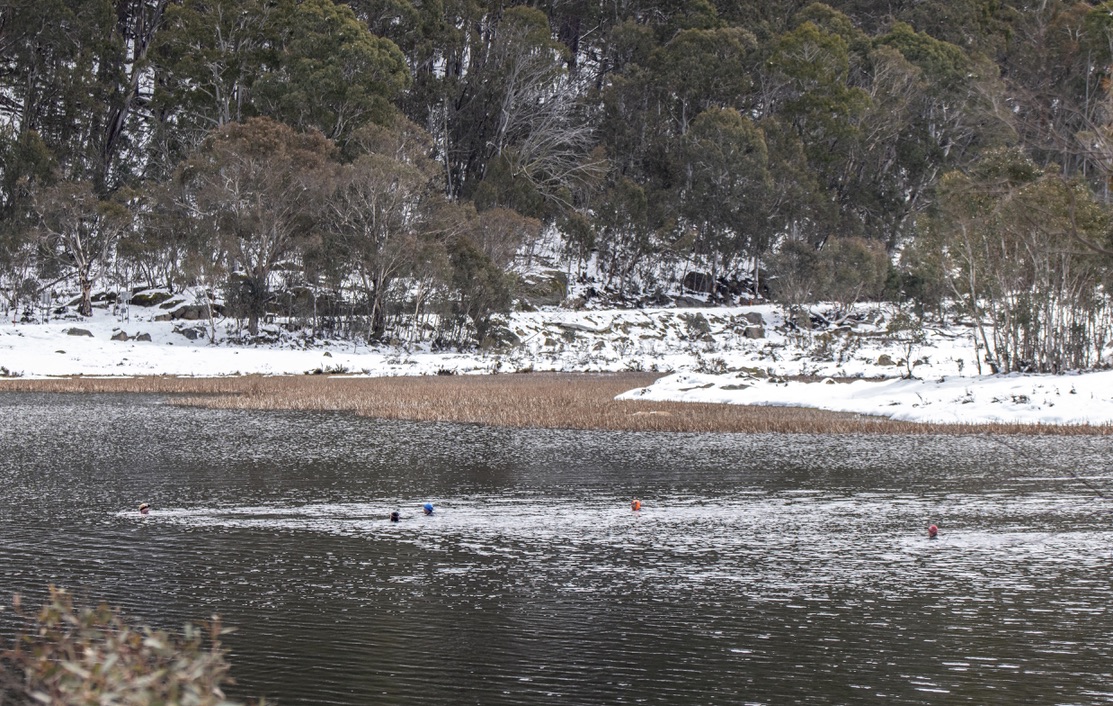By Kirsten Coates
Every morning, despite the season or the weather, groups of women come together at various locations around the world to go swimming. They swim in the oceans, the rivers, the lakes and the dams of the world in an act that many people consider crazy and is called “wild swimming”. There are a few such groups here in the North East and we are no different from the larger swimming sister hood in the rest of the world. We have swum in minus degree temperatures in snowy places. We have swum in the dark just as the sun is rising. We have swum at the height of summer and in the depths of winter but no matter what, nothing can stop us swimming in wild places.
But where does this urge to immerse ourselves in water in wild places come from? The dictionary defines wild as: “a sparsely inhabited or uncultivated region”, and “free, or natural state or existence”. Put those two definitions together and you have “wild swimming”. But it could also apply to wild walking or wild running or wild painting or wild playing. It is responding to the human urge to immerse ourselves in nature at it most unpredictable and exposed moments. To feel “alive” as so many people put it. And being alive means being connected.
It is the need to be connected that makes us do anything with a group. To laugh and cry and talk together is good for our mental and physical health. Similarly, when we connect with the natural world we become attuned to its beauty, uniqueness and scale. To do anything in the wild, whether it be swimming, walking or sitting still, is an opportunity to connect without distraction, to see, to listen and to love.
If wild swimming has taught me anything, it has taught me again and again, that people need other people and people need wild places. If more people “went wild” then the urgency to save our wild places, and indeed to save the whole of humanity, might take on a greater urgency. People might force their leaders to make policy changes, they might consume less, they might find greater joy in being with other people in the natural world than in anything money can buy.

